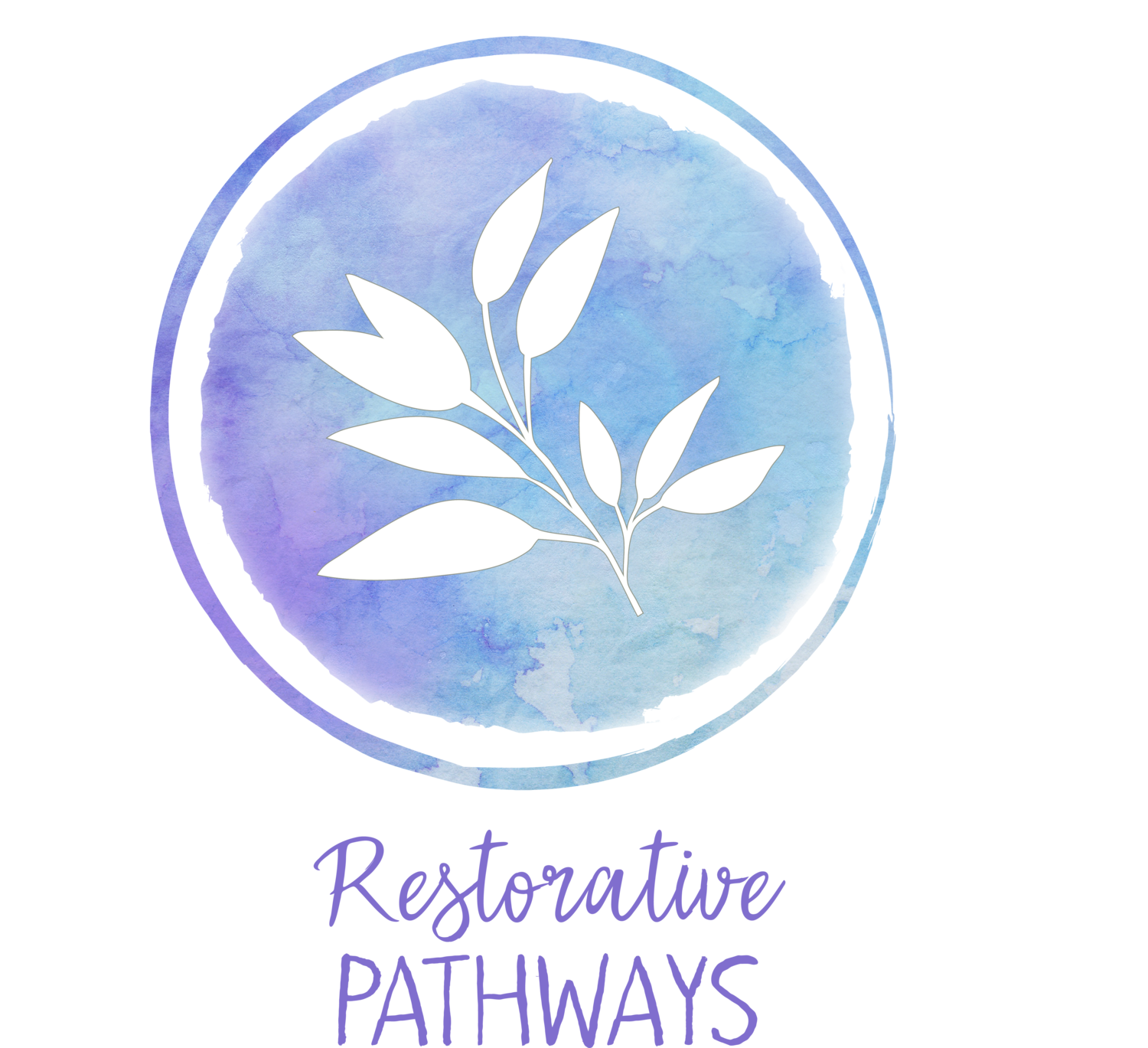Self Care: Get Some Sleep
At least 1/3 of adults in the United States report that they do not get the recommended amount of sleep per night. Sleep deprivation is linked to numerous problems with our physical, mental, and emotional health. The CDC reports that insufficient sleep is linked with an increased risk of diabetes, cardiovascular disease, stroke, obesity, and depression. If there is one topic that I am most likely to at least address once with my clients that are struggling with issues like depression or anxiety, it’s sleep. It is not uncommon for clients to disclose that they are only getting approximately 4-5 hours of sleep per night along with difficulties falling or staying asleep.
Tips:
1. The number 1 tip offered for better, deeper sleep is to be consistent with your bedtime/wake routine. Start with working backwards from when you would like to wake in the morning – for example. From there, count back 8 hours. This will be your bedtime at the latest. I recommend giving yourself 15 to 30 minutes to fall asleep. Challenge yourself to get out of bed within the first few minutes of your alarm going off. If this is difficult for you, implement the 5 second rule – count backwards from 5 and get up immediately. Now, be consistent with these times. Get up even if you did not get enough sleep the night before. This may be difficult to stick to for the first few days or even the first week, but as your body acclimates, this will ideally become easier and you will find yourself getting sleepy when it is time to go to bed.
Example:
- Wake time: 6:00am
- Asleep by: 10:00pm
- Bedtime: 9:45pm
2. Create a relaxing environment. Make sure that your bedroom is quiet, dark, and relaxing. It is also recommended to keep the temperature no higher than 68 degrees to ensure deep sleep.
3. Consider creating a relaxing bedtime routine. Frequently, we have difficulties falling asleep because it is difficult to shut off our minds. Try some relaxation techniques to slow your mind down and prepare your body for sleep. Here are some ideas:
- while taking a warm shower, visualize the stress of the day washing off of you
- aromatherapy – relaxing/soothing essential oils
- hot, herbal tea
- journaling/brain dump – write down what is on your mind to get it out on paper
- guided mindfulness meditation (I like the mindfulness or headspace apps)
- bedtime yoga
- Try some imagery – My favorite imagery to use to fall asleep is to count backwards from 100 and imagine I am drawing each number on the back of my eyelids
4. Avoid large meals, caffeine, and alcohol before bed. All of these can disturb restful sleep patterns. Try to stop caffeine intake 6 hours before bed to reduce the effects it may be having on you.
5. Get some exercise – More on this tomorrow!
Some other things to consider:
- Certain medications may be best to take in the morning due to their side effects – speak with your physician if this is a concern for you.
- Use your bed only for sleep and sex
- Consider real pajamas or clothing that is specifically for bedtime
- Limit your exposure to bright lights in the evening
- Turn off electronics at least 30 minutes
- Reduce your fluid intake before bedtime
- Try the “Sleep with Me” podcast
One final tip to help you start getting better sleep: consider keeping a sleep diary for the next few weeks as you implement new routines. Track when you go to bed, an estimate of when you fall asleep, when you wake up, and when you get out of bed. Also, make a note of how your sleep was that night (restful, woke up a lot, nightmares, etc.) See what patterns you can uncover. Continue tracking and adjusting until you are satisfied with your routine.
For more information on sleep visit:
https://www.cdc.gov/sleep/about_sleep/index.html
https://www.apa.org/helpcenter/sleep-disorders.aspx

